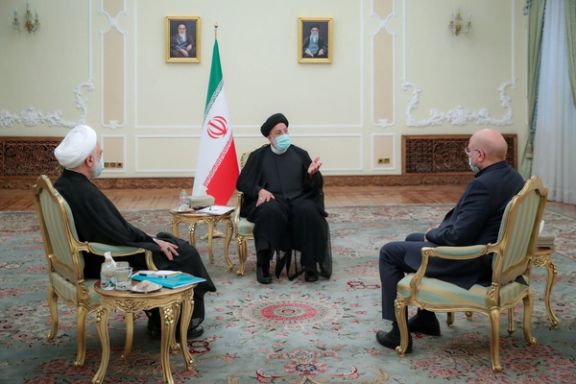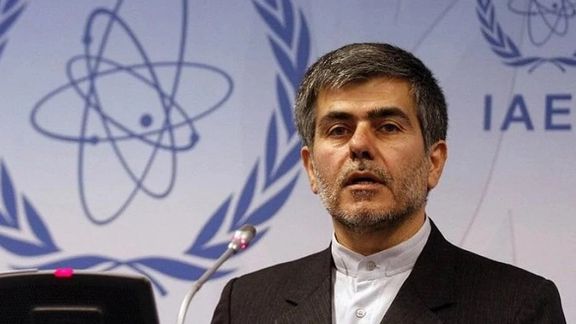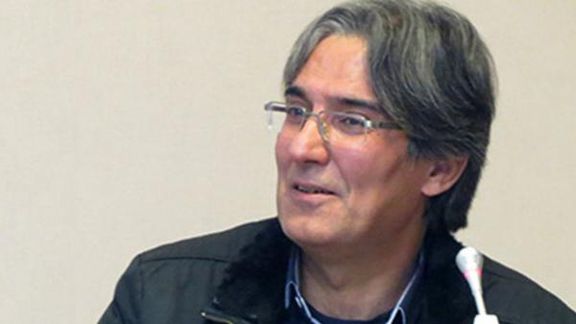Officials Tell Iranians A Nuclear Deal Will Not Be Their Financial Salvation

As desperate Iranians await a nuclear deal to see economic improvement, officials have begun telling the public that lifting US sanctions will not bring about a miracle.

As desperate Iranians await a nuclear deal to see economic improvement, officials have begun telling the public that lifting US sanctions will not bring about a miracle.
While many Iranians including some lawmakers complain about growing poverty, officials such as IRGC Commander Hossein Salami insist that people's economic situation is satisfactory and "Iran can now send satellites to the space, crack atoms, use artificial intelligence and Quantum and Nano technologies and be a part of the digital age."
Meanwhile, information leaked from a meeting between chief nuclear negotiator Ali Bagheri and Iranian reporters indicate that Iran's oil revenue may soon be doubled if a nuclear deal is reached, and Tehran can find access to billions of dollars of its frozen assets in other countries.
Nonetheless, Iran's former nuclear chief Fereidoun Abbasi who is a member of parliament (Majles) says Iranians should not expect a positive impact on their livelihoods if a nuclear agreement is reached with the United States and sanctions lifted.

Probably based on insider information, Abbasi told Entekhab news website that the agreement with the United States does not include a clause about easing Iran's international banking operations. That probably is the reason why he thinks the agreement will not be followed by an economic breakthrough.
Earlier, former government Spokesman Ali Rabiei, and centrist commentator Saeed Leylaz had pointed out that financial corruption could still adversely affect Iran’s economy even after an agreement. Meanwhile, Iranian social media users speculate that Iran might spend the lion's share of any financial windfall on strengthening its militant proxy groups in the region.

Abbasi also noted that even with an agreement at hand, international companies may still avoid coming and investing in Iran fearing another US unilateral withdrawal from the deal.
On Sunday, hardline cleric Hossein Ebrahimi, a member of Tehran's notorious right wing clerical association told the press, "An agreement will not solve our problems. The people of Iran should be patient and help the government to solve the country's economic problems."
He added, "Although a large part of sanctions against Iran will be lifted as a result of the agreement, it does not mean that life will be a rose garden for Iranian people from the morning after. Certainly, many problems will be solved, but many challenges will also remain."
Ebrahimi particularly pointed out that prices which have skyrocketed are not going to come down because of the agreement. Another cleric had said earlier on Sunday that many things may become available in the market, but still at a high price.
Iran is facing a 54-percent annual inflation rate and food prices have risen by more than 100 in the past year.

Meanwhile, in a report about the impact of an agreement on Iran's economy, Rouydad24 news website quoted economist Ehsan Soltani as saying that an agreement will not totally fix Iran's economy as there are many who benefit from the rising prices. He said those who benefit control the government and they are unlikely to allow the government to bring prices down.
Soltani said the Iranian government also benefits from the rise in prices as it collects inflation-induced tax from the lower and middle-classes.
Soltani also added that despite the probable real and psychological impact of an agreement, one should note that the main problem with the Iranian economy is financial corruption and the government inefficiency.